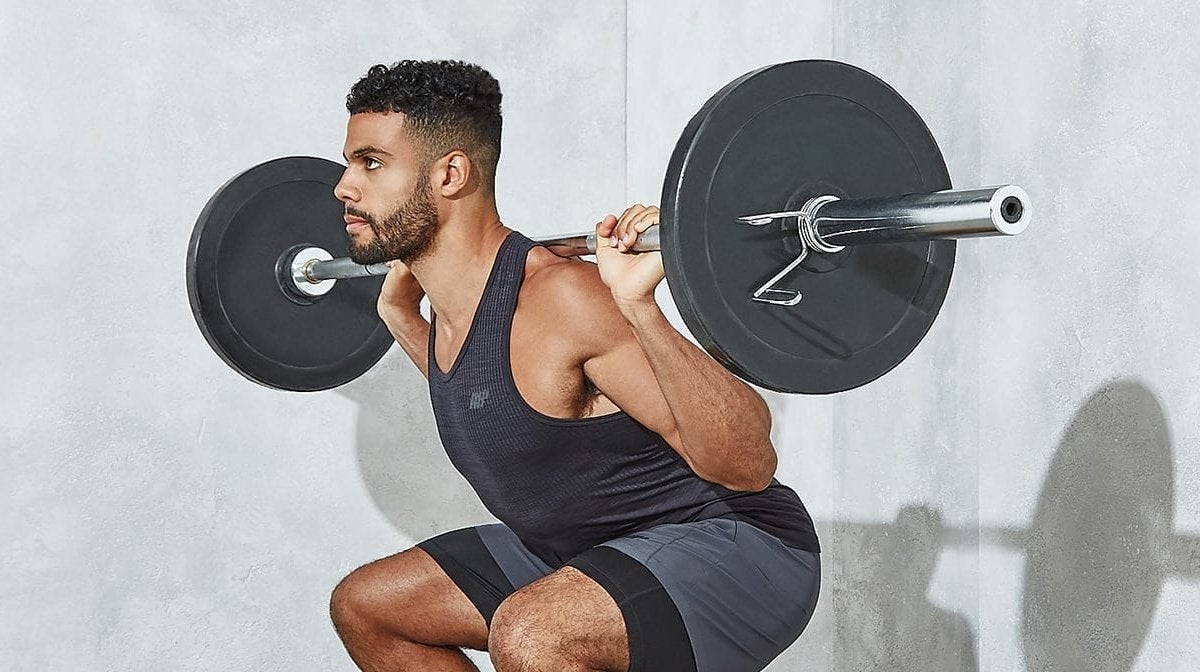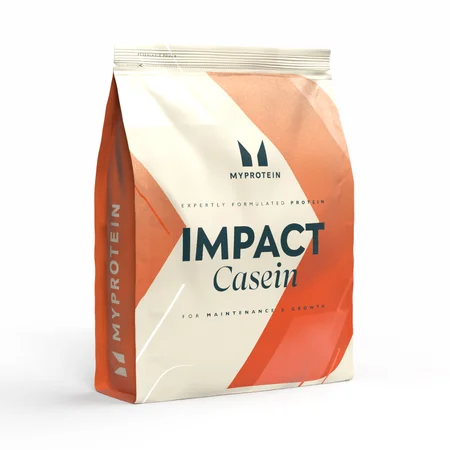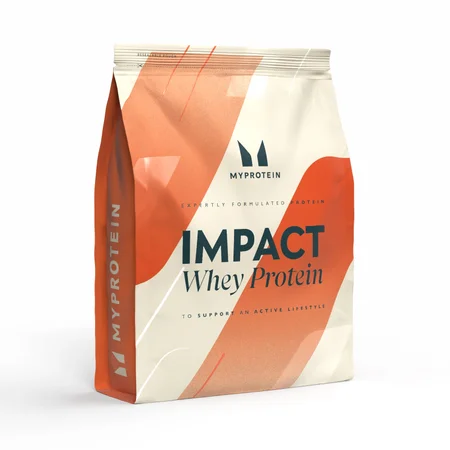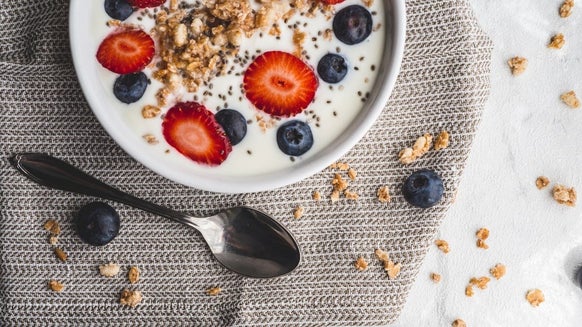How Many Protein Shakes A Day is Healthy?

How much protein do I need?
Protein is one of the three macronutrients that we require daily for energy and to feel on top form every day. But how many protein shakes a day can you have, and how much is too much? This article breaks down the way to optimise your protein intake to help you meet your body’s needs and your training goals.
There are many reasons why you might choose to drink protein shakes — building muscle, losing weight, gaining weight, and recovering from an injury or illness. Protein shakes can be helpful for all of these reasons, based on what you include in them and how often you have them.
Before you take a scoop and start shaking, you’ll want to know how many protein shakes are best for you, you need to think about your goals for muscle growth and repair and how they fit into your daily schedule.

Why do we need protein?
Every day and throughout our lives, our muscles are always in a state of flux, as they’re partially breaking down (muscle protein breakdown) and partially building back up (muscle protein synthesis).
Weightlifting (or other resistance-based exercise) and consuming protein are two common ways to increase muscle protein synthesis.1 When you’re trying to lose weight and maintain a calorie deficit, it’s important to have enough protein in your diet to prevent muscle protein breakdown.2
Protein also slows down our digestion, making us feel full and satisfied, which can help with weight loss. It’s great for all you snackers out there, as when our food sits in our bellies longer, we’re more likely to stay away from the fridge…
As we age, we tend to lose lean muscle mass, making adequate protein intake important in the elderly population as well.3
How much protein is needed per day?
When thinking about how many protein shakes a day to have, it’s best to consider your total protein needs for the day.
Healthy individuals need about 0.8 grams of protein per kilogram of body weight, but athletes require up to 1.3-1.8 grams per kilogram of body weight, based on the frequency and intensity of training.2
The lower end of this range (1.3) is usually more appropriate for endurance sports, like distance running, cycling, tennis or football. The higher end of this range is for more strength-based workouts, like those who powerlift, bodybuilders, CrossFit athletes, or rugby players.
Using this simple formula can help you determine how much total protein you should consume daily, both from food sources and your protein shake(s). For example, if you weigh 68kg and exercise moderately most days of the week, you would multiply your weight by 1.3:
68kg x 1.3g/kg = 88g protein per day
If you eat only three meals per day, that would require each meal to have about 29 grams of protein (about a 125g piece of chicken). If you don’t eat that much protein in each meal, a protein shake could easily help make up what you’re missing.
However, if you’re a 115kg athlete with an intense 2-a-day weight training schedule, you might need upwards of 200 grams of protein:
115kg x 1.8g/kg = 207g protein per day
This high amount is harder to consume from food alone — unless you want to eat 7 servings of chicken each day, which would get boring pretty quickly. This size and type of athlete might benefit from two or three shakes a day to help meet that total. The next consideration is how much protein you should consume at one time.

How Much Protein Can Our Bodies Absorb Per Dose?
Due to the nature of the constant breakdown and synthesis of muscle tissue, it’s a common rule to break your protein intake into 3-4 similar sized doses per day — whether these are meals or shakes.2
However, too many calories from any source will lead to weight gain, so there’s an upper limit of how much protein is beneficial. Based on what else is in your meal or protein shake (milk, water, fruit, fat sources, etc.), and what kind of protein you choose (whey, soy, casein, etc.), you may digest and absorb the protein at a different rate.
Can I Have Too Much Protein? Is Too Much Dangerous?
In short, there isn’t a clear answer as to the maximum amount of protein that’s beneficial per dose, rather recommendations are based on what your goals are. Common practice is to consume about 20-25 grams of high-quality protein at one time to maximise muscle protein synthesis.3
However, larger doses of 30-45 grams were shown to have the greatest impact on lean mass and strength.4 When considering prevention of muscle loss due to aging, another study showed that 25-30 grams was optimal.5 Overall, the recommendations range between 20-45 grams per dose.
When considering how many protein shakes a day to have, think about your total daily protein requirement and how many grams is a serving of your protein powder.
If you have a high protein lunch and dinner, one shake in the morning (as part of your breakfast or after) may be enough to reach your daily goal. If you work out in the afternoon and have a long wait until dinner, it might be best to have a second shake then (to optimize muscle protein synthesis after your workout).
Protein shakes can also play an important role in the diets of vegan and vegetarian athletes who might not consume high-protein, animal-based foods.
While you might read about negative side effects from high-protein diets, there have been no studies proving any harm in healthy individuals from protein.6 It’s still important to choose high quality carbohydrates, healthy fats, and a variety of vitamins and minerals for optimal daily nutrition.
Take home message
To decide how many protein shakes a day is best for you, consider your training schedule, your types of workouts, and your goals — whether you’re trying to build muscle mass or lose weight.
Then, decide how you want to split your daily protein intake, typically into 3 or 4 doses per day, and figure out how much of your protein powder you’ll need to use to meet your goals in addition to the protein from the other foods in your diet.
Keep in mind that other ingredients can increase the protein in your shake — adding a cup of milk can also boost protein in your shake by 8 grams, or half a cup of Greek yogurt can add up to 18 more grams. Get creative to take full advantage of the benefits of protein in your diet and in your post workout shakes.

Claire is a Registered Dietitian through the Academy of Nutrition and Dietetics and a board-certified Health and Wellness Coach through the International Consortium for Health and Wellness Coaching. She has a Bachelor of Science in Biology and a Master’s degree in Clinical Dietetics and Nutrition from the University of Pittsburgh.
Talking and writing about food and fitness is at the heart of Claire’s ethos as she loves to use her experience to help others meet their health and wellness goals.
Claire is also a certified indoor cycling instructor and loves the mental and physical boost she gets from regular runs and yoga classes. When she’s not keeping fit herself, she’s cheering on her hometown’s sports teams in Pittsburgh, or cooking for her family in the kitchen.
Find out more about Claire’s experience here.










